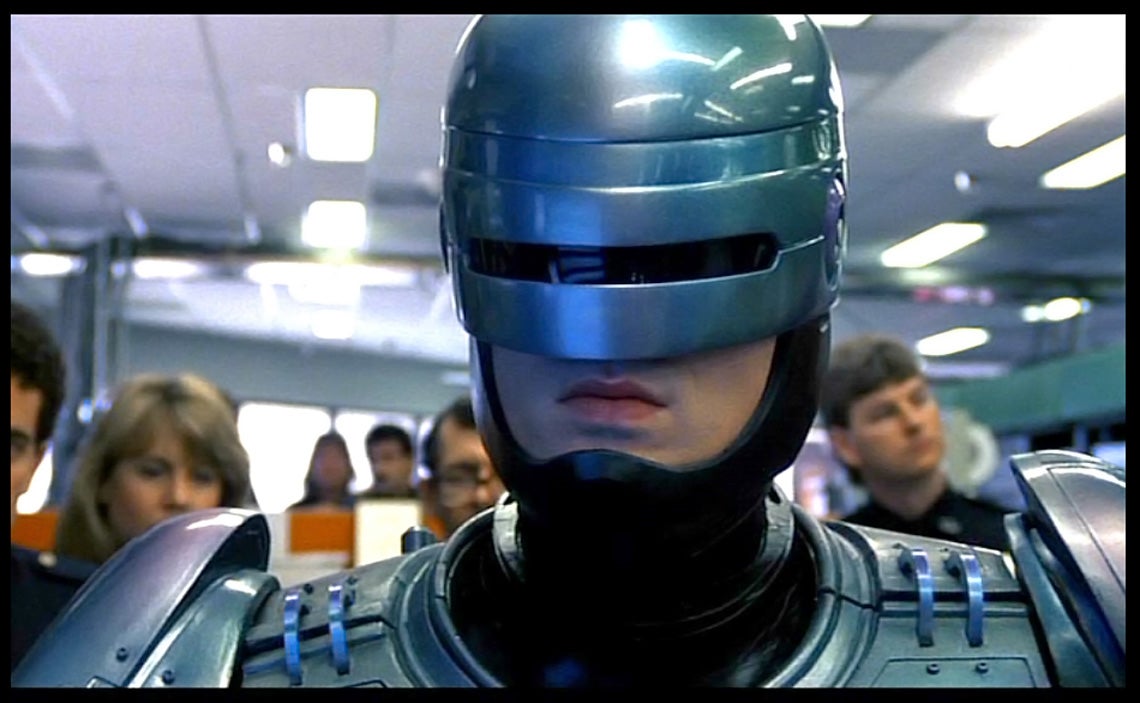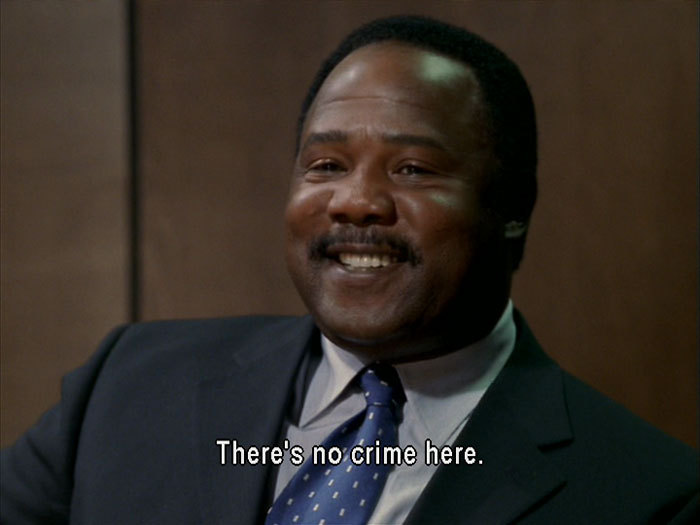Three posts in a row.
I'm spoiling you. After the excitement of last week's US Presidential elections, I bet you can't wait to have your say on
Police and Crime Commissioners (PCCs) for Wales' four police forces
tomorrow.
PCCs : What are they?
The UK Government passed the Police Reform and Responsibility Act in 2011, which created the role of Police and Crime Commissioner. PCCs will be directly-elected – by supplementary vote or first past the post (when there are only 2 candidates).
PCCs will only be elected in the 41 police forces in EnglandandWales outside London (not including the likes of British Transport Police). Policing in Wales is a non-devolved matter, and therefore the responsibility of Westminster. The Welsh Assembly does control over some minor devolved functions relating to community safety, as do local authorities.
Policing is devolved in both Scotland and Northern Ireland. Scotland is (for now at least) retaining the police authority model, while Northern Ireland has a National Policing Board which includes Northern Irish Assembly Members.
What will they do?
PCCs replace the existing police authorities, which were made up of local councillors and appointed members. Local authorities will retain some say in policing via new Police & Crime Panels, which will scrutinise the PCCs themselves.
PCCs themselves will:
PCCs : What are they?
The UK Government passed the Police Reform and Responsibility Act in 2011, which created the role of Police and Crime Commissioner. PCCs will be directly-elected – by supplementary vote or first past the post (when there are only 2 candidates).
PCCs will only be elected in the 41 police forces in EnglandandWales outside London (not including the likes of British Transport Police). Policing in Wales is a non-devolved matter, and therefore the responsibility of Westminster. The Welsh Assembly does control over some minor devolved functions relating to community safety, as do local authorities.
Policing is devolved in both Scotland and Northern Ireland. Scotland is (for now at least) retaining the police authority model, while Northern Ireland has a National Policing Board which includes Northern Irish Assembly Members.
What will they do?
PCCs replace the existing police authorities, which were made up of local councillors and appointed members. Local authorities will retain some say in policing via new Police & Crime Panels, which will scrutinise the PCCs themselves.
PCCs themselves will:
- Have the power to fire, hire or suspend the Chief Constable of their respective police force
- Manage police finances, including the Council Tax precept for policing
- Produce a "Police & Crime Plan" for the police force area, setting out strategic objectives
- Ensure Chief Constables deliver the objectives of the plan
- NOT be able to impact operational policing decisions.
It's a full-time role, with a salary of between £65,000 and £100,000 per year.
Are they worth it?
In principle, I believe directly-electing these "executive positions" is the right thing to do. I've made my reasons clear before. I'm a fan of directly-elected mayors, and I'll have more to say on that next year.
However, the police is a different matter.
Politics and justice rarely mix. Politics needs to take in the popular will of the electorate. If it did, I'm convinced we'd still have the death penalty and corporal punishment in schools (or for petty criminals). That's not justice, it's a step up from barbarism. Although PCCs won't have any control over the operational side, you can certainly see a way for a "strongman/woman" to get into a position to give criminals a "bally good thrashing, wot." I'd prefer just upholding the law.
In my opinion, the Police Commissioner should have operational decision making, not just the administrative stuff. To do that effectively, the only credibly candidates for PCC would be the senior police officer in charge of a particular territory, and answerable to local authorities directly.
Basically, I'm saying if we're going to have PCCs, we should elect Chief Constables into the position, or they should be part of a "ticket" including commissioners for fire services, health boards, social services etc.
I'm not impressed with the prospective PCCs to be frank, and although they've been criticised, I think Plaid Cymru (and the Lib Dems) made the correct decision to sit these out. It isn't worth the time, money or effort. If these roles were combined police, fire, health and social service "commissioners" – in effect regional mayors – then maybe it would've been worth getting excited about.
I'll probably give these elections a miss, and doubt I'll be the only one.
I'd only vote for a candidate who explicitly supports the devolution of policing and criminal justice, and the closest to that in South Wales appears to be the Independent candidate, Mike Baker. Consider that an endorsement if you want, and if I were going to vote it would be for the two Independents.
Though as far as I can tell, he hasn't mentioned it officially in his programme. Reassuring tweets and posts from Plaid members aren't enough, personally. Even if a candidate did support it, they wouldn't have the political power or clout to do anything about it.
I doubt spoiling my ballot would make any difference either. It's not as if they make a note of why a ballot was defaced (AFAIK). The fact that voting would annoy Ian Blair is tempting though. I think a really, really low turnout (sub 20%) is the only way to "send a message", as it undermines the credibility and mandate of the position – hopefully leading to a positive rethink in Westminster, or hopefully, Cardiff one day.
As for my predictions, I think Labour will win all four quite comfortably. The most "interesting" contest appears to be between Tal Michael (Lab) and Winston Roddick (Ind) in North Wales. There's also extensive analysis of the related (in South Wales) Cardiff South & Penarth by-election at Penarth a'r Byd.
I think it's worth running down the candidates – who bear no resemblance to the real ones, honest - and what they stand for.
RoboCop
As the property of G4S, he's been criticised for being a vehicle for the privatisation of South Wales Police. Unlikely to be satisfied with a desk job, memories from his organic remnants cause him to go on rampages of revenge against those who tore his body apart with shotguns. That's what he vows to do to Welsh criminal scum – to applause from those who like the sound of baton on skull on a Sunday afternoon.
Unfortunately, his state-of-the-art programming can't cope with the complexities of the Welsh language. Protesters from Cymdeithas yr Iaith were dealt with swiftly and with extreme prejudice. After being hacked by Anonymous, he could only ask women to show their tits, and developed an obsession with cats.
He has no concept of rehabilitation or proportionate response. He runs on nothing but air and baby food. He doesn't require rest, or money. He can't decide is he's a man or a machine. He doesn't understand fun, commits everything to memory and lives to do what he's told – the model Tory citizen.
Gene Hunt
It's time to fire up the Quattro and turn your clocks back to Thatcher. With a healthy amount of misogyny and a regard for police brutality that would make General Pinochet blush, the Gene Genie is on the case.
As officer in charge of the children's TV presenter CID unit, his nonce-beating policies have proven popular on the doorstep in the wake of the Jimmy Savile scandal. He played a key part in the downfall of beloved entertainer – Mr Blobby – and his now infamous BDSM dungeon. He also uncovered a shocking bestiality fisting scandal, affecting a yellow bear, a dog, a panda called Soo....they even got Little Cousin Scampi too.
He pledges to bring back "the good old days", where someone who had their bike stolen could go into any police station, describe the assailant as a 5ft4 pale-skinned, freckled redhead, and be assured that the police will "catch the black bastard."
Inspector Gadget
"Go! Go! Gadget bureaucrat!" A perfect example of the Peter Principle. Somehow managing to become a senior detective by sheer luck than skill, Inspector Gadget couldn't detect his way out of a phone box. It's not a good sign when most of the detective work is done by his niece and a dog.
As the Nostalgia Party candidate, he's another ex-copper pledging to bring back "the good old days" of the 1940s and 50s, when crime didn't exist, gangsters were "good boys who loved their Mums" and public figures could rape vulnerable children and keep it hushed up.
Those extending arms aren't a superpower – they're a crippling bone condition that medical science hasn't found a cure for yet. He might have to accept his policing days are over.
Clay Davis
A valued pillar of the community, he sacrificed a safe seat on the promise of serving the people with dignity, honesty and transparency. He bats away criticism that politicising the police is wrong, and despite bitterly opposing the establishment of Police & Crime Commissioners, he was quick to throw his hat into the ring.
He promises to do all he can in the few hours a week he'll set aside for the job, alongside his £100,000 per year chairmanship of The Charitable Charity Trust, his £5,000 per month stipend from the Chartered Lesbian Society of Greater Swansea and his non-executive directorship of G4S.
Some controversy remains over his proposed £30million deal with Trabant to provide new police cars. Only £30 is actually going to be spent, with the rest of the money unaccounted for. Clay insists the money was never there in the first place, and hopes the public will be impressed with his magic trick, and treat him with the respect he's due. The Wales Audit Office said in a detailed statement, "Duuuurrrrrr, this seems Okie-Doke, duuuuurrrrrr."
A valued pillar of the community, he sacrificed a safe seat on the promise of serving the people with dignity, honesty and transparency. He bats away criticism that politicising the police is wrong, and despite bitterly opposing the establishment of Police & Crime Commissioners, he was quick to throw his hat into the ring.
He promises to do all he can in the few hours a week he'll set aside for the job, alongside his £100,000 per year chairmanship of The Charitable Charity Trust, his £5,000 per month stipend from the Chartered Lesbian Society of Greater Swansea and his non-executive directorship of G4S.
Some controversy remains over his proposed £30million deal with Trabant to provide new police cars. Only £30 is actually going to be spent, with the rest of the money unaccounted for. Clay insists the money was never there in the first place, and hopes the public will be impressed with his magic trick, and treat him with the respect he's due. The Wales Audit Office said in a detailed statement, "Duuuurrrrrr, this seems Okie-Doke, duuuuurrrrrr."















I won't be voting either.
ReplyDeleteYou wrote, "I think Plaid Cymru (and the Lib Dems) made the correct decision to sit these out ..." They didn't sit the election out in the north. The so-called "independent" candidate in the north, Winston Roddick, had the support of Lord Dafydd Wigley and Kirsty Williams. It only emerged after the election that the successful man (we couldn't choose a woman) was not independent or non-political at all. He's a member of the Liberal Democrats, but forgot to tell us.
ReplyDeleteThat's a fair point, Gwilym. But I doubt this is the first case of an "Independent" hiding their "true" political leanings. I can think of many examples at local government level - from all parties. The question remains whether he'll take Lib Dem policy cues, or whether he received any significant support - especially financial - from the Lib Dems during the PCC campaign.
ReplyDeleteAnd, let's face it, nobody knows what the Lib Dems really stand for nowadays.